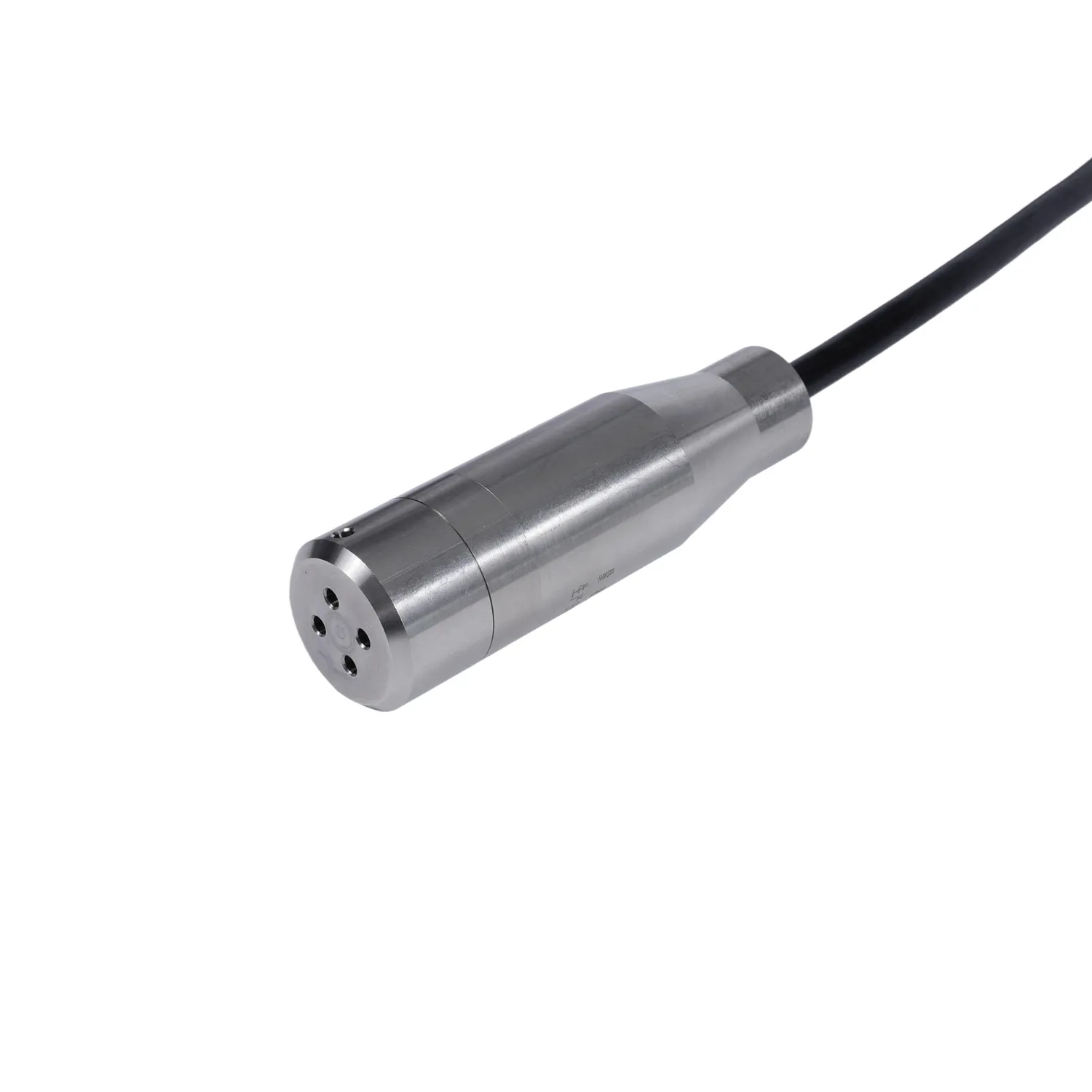Smart water monitoring has emerged as a crucial component in the pursuit of sustainable urban development. As cities worldwide grapple with the challenges of water scarcity, pollution, and climate change, innovative technologies are paving the way for more efficient and responsible water management. The integration of advanced sensors, data analytics, and IoT capabilities has revolutionized how municipalities approach water quality control, distribution, and conservation. These systems, often supplied by a reputable liquid level device manufacturer, provide real-time insights that enable proactive decision-making and resource optimization.
Table of contents:
Implementing IoT Water Quality Sensors for Smart City Initiatives
Optimizing Municipal Water Management with Online Water Quality Monitors
Enhancing Flood Prevention Strategies Using Smart Water Level Gauges
The Impact of Real-Time Water Quality Monitoring Systems on Public Health
Implementing IoT Water Quality Sensors for Smart City Initiatives
The implementation of IoT water quality sensors is transforming smart city initiatives across the globe. These sophisticated devices, developed by leading liquid level device manufacturers, offer unprecedented capabilities in monitoring water quality parameters such as pH, turbidity, dissolved oxygen, and contaminants. By deploying a network of these sensors throughout the water supply system, cities can detect anomalies and potential threats in real-time. This early warning system allows for swift responses to water quality issues, minimizing health risks and maintaining public trust. Furthermore, the data collected by these sensors can be leveraged to optimize treatment processes and reduce operational costs.

Optimizing Municipal Water Management with Online Water Quality Monitors
Online water quality monitors have become indispensable tools for optimizing municipal water management. These advanced systems, often sourced from a trusted liquid level device manufacturer, provide continuous, real-time data on various water quality parameters. By integrating these monitors into existing infrastructure, water utilities can achieve significant improvements in operational efficiency and resource allocation. The ability to remotely monitor water quality across the distribution network allows for targeted maintenance, reduced water loss, and more effective chemical treatment. Additionally, level sensor wholesale options have made it more affordable for smaller municipalities to adopt these technologies, democratizing access to smart water management solutions.
Enhancing Flood Prevention Strategies Using Smart Water Level Gauges
Smart water level gauges play a crucial role in enhancing flood prevention strategies for urban areas. These devices, produced by specialized liquid level device manufacturers, offer precise and continuous monitoring of water levels in rivers, reservoirs, and stormwater systems. By providing real-time data and predictive analytics, these gauges enable city planners and emergency responders to anticipate and mitigate flood risks more effectively. The integration of these sensors with weather forecasting systems and hydrological models creates a comprehensive flood management framework. This proactive approach not only helps protect lives and property but also supports the development of more resilient urban infrastructure.
The Impact of Real-Time Water Quality Monitoring Systems on Public Health
Real-time water quality monitoring systems have a profound impact on public health in urban environments. By continuously assessing water quality parameters, these systems, often utilizing components from a reputable liquid level device manufacturer, enable rapid detection of contaminants and potential health hazards. This immediate awareness allows water utilities to take swift corrective actions, preventing the spread of waterborne diseases and ensuring the delivery of safe drinking water to residents. Moreover, the transparency provided by these monitoring systems helps build public trust and awareness about water quality issues. The data collected can also inform long-term public health strategies and policies, contributing to overall community well-being.
Smart water monitoring technologies are revolutionizing urban water management, offering unprecedented insights and control over this vital resource. From IoT-enabled sensors to sophisticated level gauges, these innovations are helping cities address water-related challenges more effectively. As urban populations continue to grow, the demand for advanced water monitoring solutions will only increase. Collaboration between municipalities, liquid level device manufacturers, and technology providers will be key to developing and implementing these systems at scale. By embracing smart water monitoring, cities can ensure a more sustainable, resilient, and health-conscious approach to urban water management, paving the way for smarter, more livable urban environments in the future.
